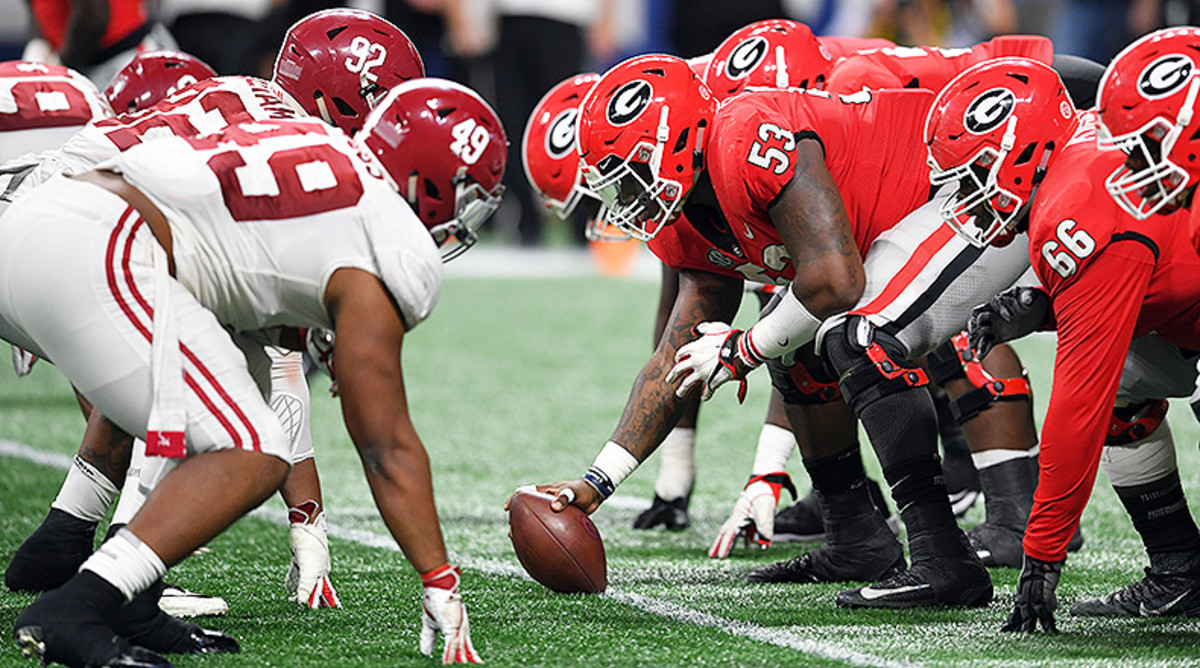The Future of College Football: Major Changes on the Horizon

The recent buzz around the proposed 14-team College Football Playoff has stirred quite the debate in the college football universe. It's clear that the landscape of the sport is changing rapidly, with new plans and negotiations altering the traditional structure.
From the leaked plans to the power play by the SEC and Big Ten, it's evident that major shifts are underway. The possibility of an expanded playoff format, complete with automatic bids and byes for certain conferences, is causing waves across the sport.
However, as discussions continue, it's becoming increasingly apparent that the driving force behind these changes is rooted in financial interests. The intricate web of contracts, negotiations, and power dynamics reveals a lack of centralized leadership in the College Football Playoff organization.
With uncertainty looming beyond the 2025 season, the future of college football appears to be teetering on the edge of extensive reorganization. From athlete unionization to the ramifications of NIL lawsuits, the sport is on the brink of a significant transformation.
While the details of these changes may seem dense and complex, their implications are far-reaching. Fans, athletes, and stakeholders alike are grappling with the potential ramifications of a new era in college football.
As the sport navigates uncharted waters, it's essential to consider the broader impact of these proposed changes. The traditional structures of college athletics are being challenged, prompting a reevaluation of institutions, events, and calendars that have long been ingrained in the fabric of collegiate sports.
Ultimately, the future of college football remains uncertain, but one thing is clear: the time for change is upon us. Whether these proposed alterations signify progress or peril for the sport, only time will tell.
Amidst the chaos and uncertainty, one thing is for sure – the gridiron is in a state of flux, with the winds of change blowing strong.



